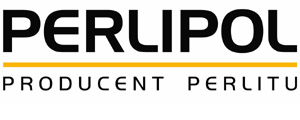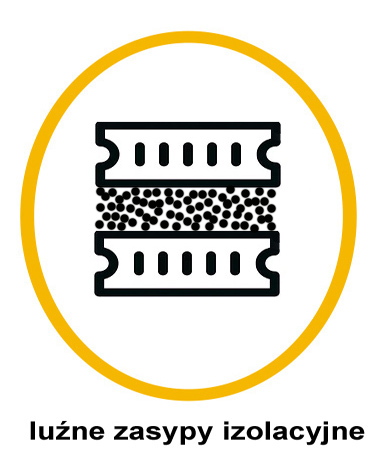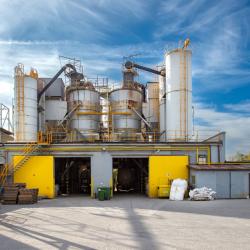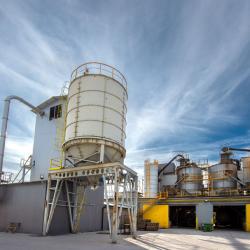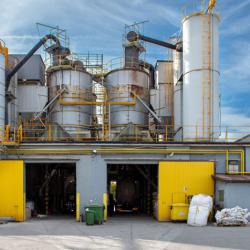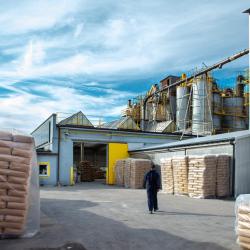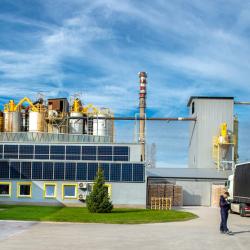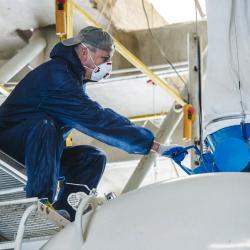Perlite is a volcanic mineral which, after thermal treatment, resembles polystyrene balls, pumice in structure, and chemically similar to glass.
Perlite ore is mined from the deposit using the opencast method. After mining, the rock is crushed and ground to sand. Then, while still in the mines, the ground ore is sorted into different fractions. This is an important process, because the size of a specific fraction determines what type of expanded perlite we will obtain in further processing.
Then the perlite sand goes to the expansion plants. There it is subjected to a thermal treatment which increases its volume. Perlite expands at a temperature of over 900 ° C. Then, chemically bound water molecules are released, which are a characteristic feature of this mineral. The escaping water causes the material to expand.
As a result of this process, perlite increases its volume up to twenty times. As a result, its density and bulk weight also drop twenty times, thanks to which we obtain a light and porous aggregate.
The most important element in the perlite expansion production line is the furnace in which the main physicochemical processes take place. The material stays in it for only a few seconds. After expansion, the perlite grains go to the cooler, where they are cooled down to a temperature of about 200 degrees, and then to the finished product silo. The line is also equipped with a system of cyclones and filters, where the dust generated during the production process is captured.
Then the perlite is poured into tank trucks or packed into big bags and sacks.
| GRAIN AND BULK WEIGHT | |||||
| Type of perlite | EP 200 (Agro) 0-6mm (class III) |
EP 180 (class II) |
EP 150 (class I) |
EP 100F (class 0) |
Hydroperl |
| grain size | % | % | % | % | % |
| 1,25 mm | min 80 | min 60 | max 20 | max 5 | min 60 |
| 0,50 mm | 0-100 | 0-100 | 15-60 | 5-80 | 0-100 |
| 0,25 mm | max 10 | max 10 | min 60 | min 60 | max 10 |
| Bulk density | 110-150 kg/m3 | 70-110 kg/m3 | 40-90 kg/m3 | 50-120 kg/m3 | 70-110 kg/m3 |
| Moisture | max 2% | ||||
| WŁAŚCIWOŚCI FIZYCZNE | |
| postać | stan skupienia stały w postaci granulatu o uziarnieniu 0-6 mm i barwy biało-szarej |
| zapach | bez zapachu |
| pH | 6,5-7,5 |
| palność | niepalny klasa A1 |
| ciężar nasypowy | 50-200 kg/m3 |
| temperatura/zakres topnienia | pow. 900oC |
| temperatura samozapłonu | nie dotyczy |
| przewodnictwo cieplne | 0,045-0,059 W/m x K |
| nasiąkliwość | 3,0-200% |
| wytrzymałość na ściskanie | 0,14-0,40 Mpa |
| odporność chemiczna | jak szkło |
| chłonność akustyczna | 10-92% |
| ciepło właściwe | 0,96-0,92 kJ/kgoC |
| współczynnik dyfuzji pary wodnej | 0,035-0,027g/m h mm Hg |
| SKŁAD CHEMICZNY | |
| Związek chemiczny |
udział % |
| SiO2 | 65-73% |
| Al2O3 | 10-18% |
| K2O + Na2O | 6-9% |
| CaO | 2-6% |
| Fe | 1-2% |
USAGE (klinij interesujące zastowanie)
| CONSTRUCTION: |
|||
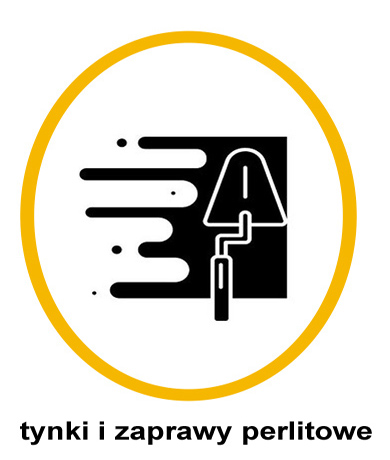 |
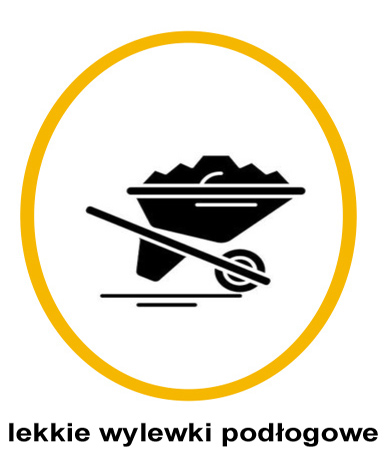 |
||
|
|
|
|
|
| AGRICULTURE AND HORTICULTURE: | |||
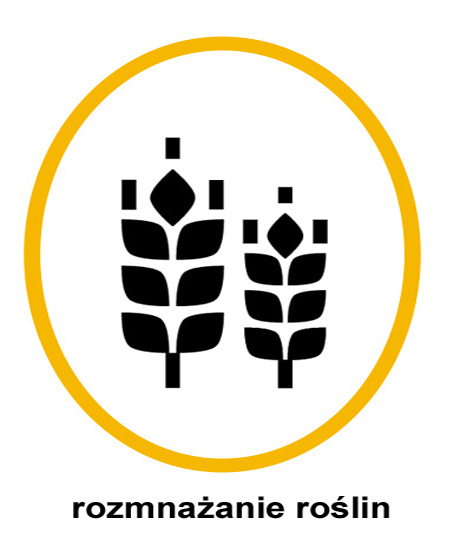 |
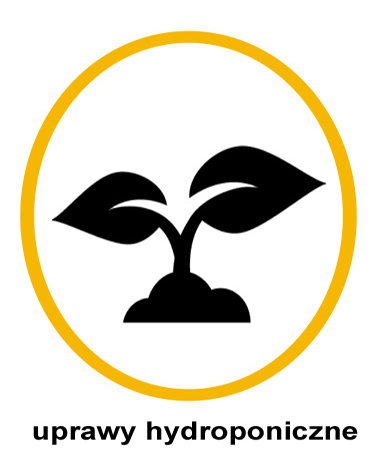 |
||
|
|
|
|
|
| FILTRATION: | |||
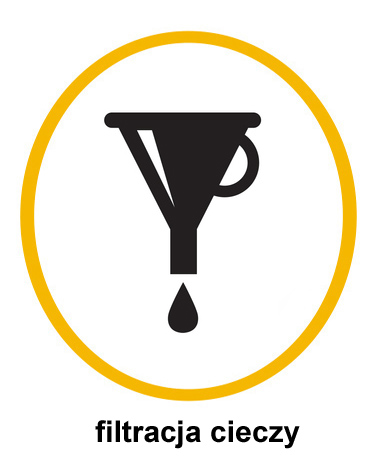 |
|||
|
|
|||
| GREEN AREAS: | |||
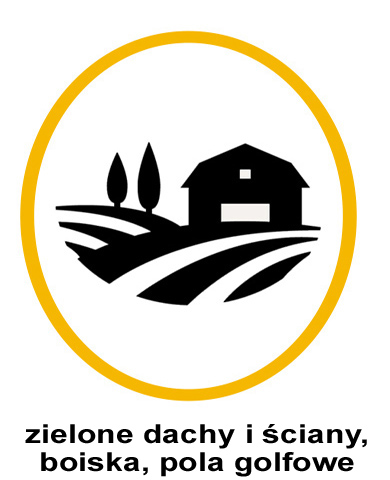 |
|||
| OTHER: | |||
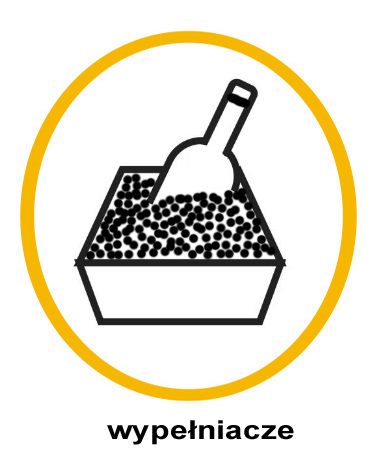 |
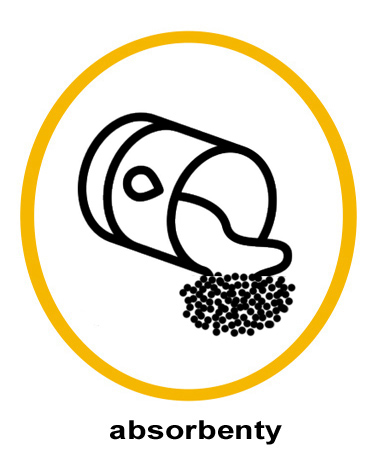 |
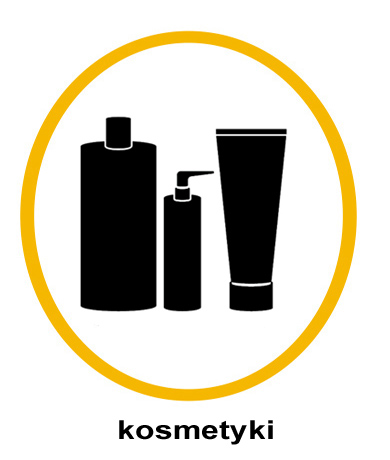 |
|
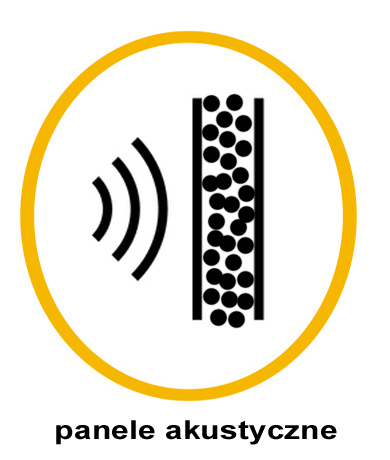 |
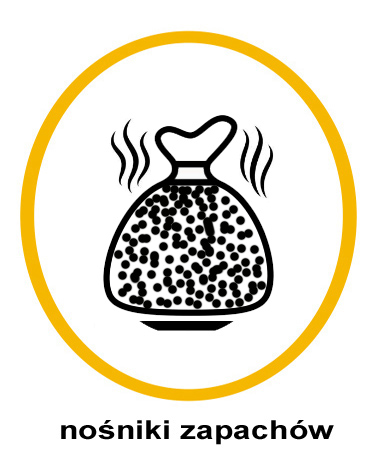 |
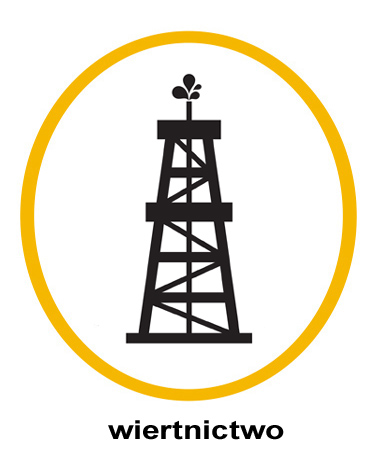 |
|
 |
|||
Expanded perlite by PERLIPOL is certified by the National Institute of Hygiene.
